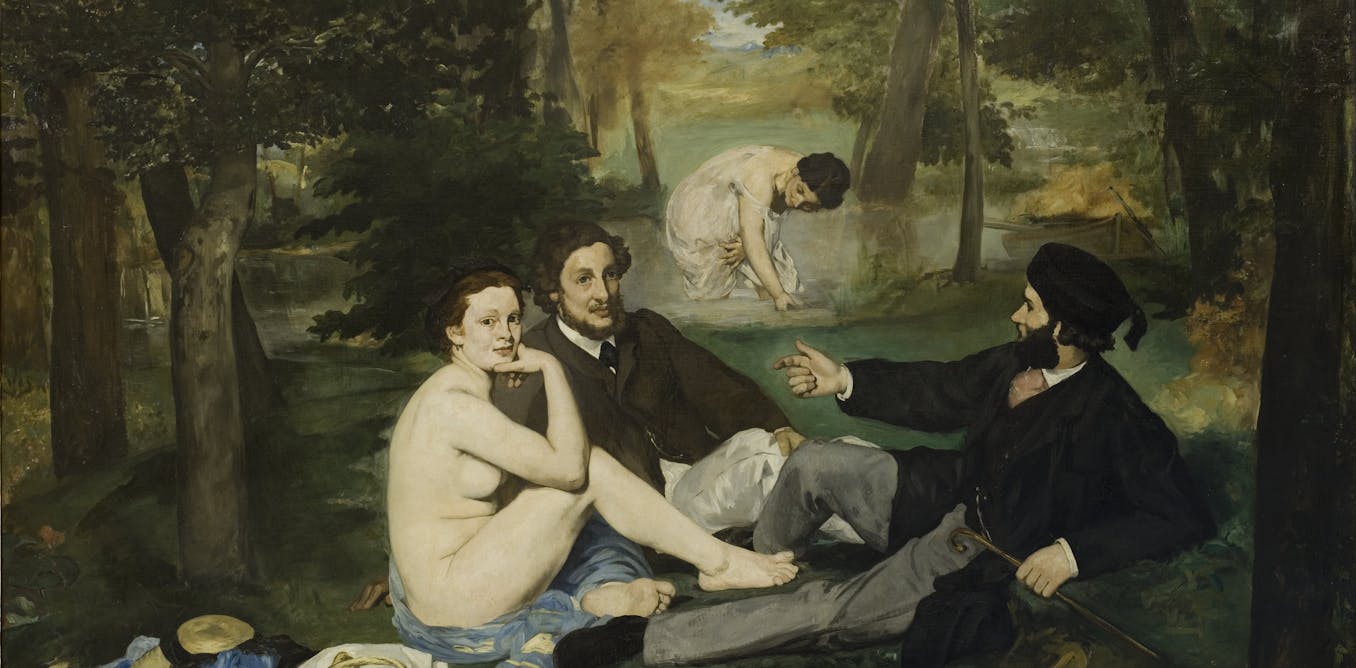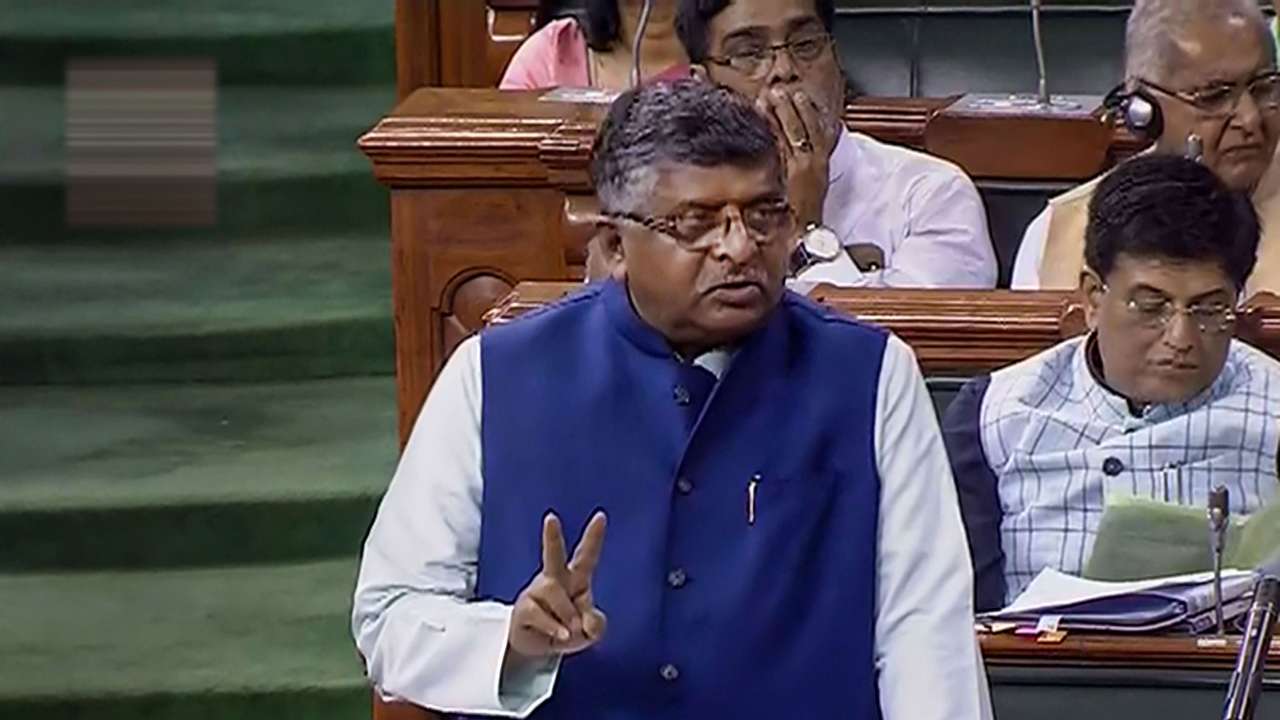
- Select a language for the TTS:
- UK English Female
- UK English Male
- US English Female
- US English Male
- Australian Female
- Australian Male
- Language selected: (auto detect) - EN
Play all audios:
Many of these laws were initially intended to protect physicians who were caring for people outside of their clinical employment. But several states created Good Samaritan laws to protect
people who are not physicians, EMTs and other health professionals from “ordinary negligence” claims. According to the National Institutes of Health, ordinary negligence is “the failure to
exercise such care as the great mass of humanity ordinarily applies under the same or similar circumstances.” Today Good Samaritan state laws have been updated to include stepping in to try
to prevent drug overdoses exacerbated by the country’s opioid crisis. Witnesses can call 911 with a degree of immunity — no matter what the outcome might be. Most of us don’t hesitate to be
kind, but it’s reassuring to know we can offer help without a fear of facing repercussions for just trying to help. State laws vary. Virginia, Pennsylvania and Delaware laws protect
everyone giving emergency help. Alabama’s laws protect only trained rescuers and public education employees, except for cardiac arrest. Only trained health care workers are protected from
liability in Kansas and Missouri; the general public is not protected. In Oklahoma, bystanders are protected only if their aid is to try to stop bleeding or perform CPR. The Good Samaritan
is one of the most famous Bible stories. The parable is recounted by Luke, describing a man who’d been beaten and robbed by bandits — and then ignored by people who passed. The injured man
was then helped by a man from Samaria, a member of a conflicting religion and ethnicity. This caused Jesus to ask, “Who is my neighbor?” Most of us want to step in and help others in need if
we are able. I was thankful for Good Samaritans when my mother suffered a minor heart attack at the age of 90, vacationing 400 miles away in a remote community. Anonymous bystanders never
left her side until an ambulance arrived. The first I heard about it was when she’d been admitted to a hospital, and a physician called me to discuss her condition. He asked my permission to
transfer her to another hospital that had a top cardiac unit. I wish I could have thanked whoever had helped her up from the ground and dialed 911. She recovered and came home a few weeks
later. I also won’t forget the time two Good Samaritans stepped in to help me when I slipped on a slick sidewalk and slid all the way into the gutter. They rushed to see if I was OK, helped
me up and waited until I assured them that I was steady enough to walk home, not yet knowing I had cracked a rib. I was relieved to feel less alone, but these strangers also gained
something, according to Sonja Lyubomirsky, professor of psychology at the University of California, Riverside. “Doing kind acts for others will make us happier — or will at least make us
feel good temporarily,” she said in an article for Huffington Post UK’s “Acts of Kindness” beat. _SHARE YOUR EXPERIENCE: WOULD YOU STEP IN TO HELP SOMEONE WHOSE LIFE WAS IN DANGER, EVEN IF
IT MEANT FACING CONSEQUENCES LATER?_





